‘Is there an end [to this opera] that is not trivial?’ asks the Countess in her final bars of Richard Strauss’s last opera Capriccio. Given the previous two and a half hours, the answer would seem to be a decided no. It is a frothy confection even by the standards of his later operas, the better parts reminiscent of the Prologue to Ariadne auf Naxos and some of Arabella. One thing to be said in its defence is that Strauss’s writing it in 1941–2 is no criticism of him or of the work. People make a fuss about that, but do they think he should have produced an heroic piece — something he had already done, unfortunately — or another work in favour of peace, like the disastrous Friedenstag of 1938? Capriccio is the kind of thing he was best at, charming, inconsequential, chatty with occasional outbursts of orchestral sumptuousness, though surely, at nearly two and a half hours, too long. Almost every scene seems to suffer from garrulousness, and when the sun is piercing through the glass walls of the theatre at Wormsley, as it was on the second evening of the new production, that can seem intolerable.
Nonetheless, this production by Tim Albery makes as good a case as one could hope for, leaving the audience to feel that they have had an ‘eminently civilised’ evening — the phrase is inevitable. The Countess’s Garden Salon is rococo but simple, the characters all wear contemporary clothes. The acting is direct, and centres on the Countess as it should, though she doesn’t have a lot to sing until her final monologue. The adorable Miah Persson incarnates her perfectly, the worthy successor to Elizabeth Söderström. Not that her dilemma — should she choose the Composer or the Poet for a husband? — seems seriously to perplex her. But then it’s not in the nature of Capriccio that anyone should much mind anything, and when the Director La Roche, magnificently taken at Wormsley by Andrew Shore, comes on strong about the seriousness of opera (nowadays sadly missing), he has the piece’s least convincing music. If only a contemporary could write a new version of Capriccio, in which the Composer and Poet would obviously give way without protest to the all-powerful Director, however he or she (see p. 46) messed around with their words and music.
Sam Furness as Flamand, the Composer, and Gavan Ring as Olivier, the Poet, made an amiable if less than glamorous pair of lovers for the Countess, and the rest of the rather large cast were all of a high standard; the Prompter, who creeps in before the final scene, was a gorgeous sketch from Graham Clark, by far the most experienced artist on the stage (and under it).
The music director of Garsington, Douglas Boyd, showed himself to be a fine Straussian, never overegging a work where the temptation must be great on the few occasions when it arises, given that for so much of the time it does little more than punctuate the singing. In particular he made the Moonlight Music, which leads to the final scene, as it needs to be: achingly lovely, so that one longs for more, but is rightly denied it.
A few evenings earlier the Berlin Philharmonic Orchestra gave one of its last concerts under its chief conductor Simon Rattle to a packed Royal Festival Hall. I found it a stunning disappointment. Certainly stunning: the first climax, harbinger of things to come as it should be, was so enormous that one wondered where there was for the symphony, a strong candidate for being considered the greatest ever written, to go. Awe is in place from the opening bars onwards, combined with expectation. Here we just had shock. The same forces made a recording of the Ninth six years ago, which I came home and listened to: very similar, as one might expect, but where the recording keeps one in anxious suspense, the performance last week just threw everything at us straightaway — to the delight of the audience, it must be said, and to most of the reviewers.
Even those transcendent moments, such as the Parsifal-esque opening of the third movement, played with perfectly judged portamenti, lacked tension; and the terrifying dissonance that is the work’s climax seemed to be an effect without an adequate cause. As for the fourth movement, on which Bruckner spent the last two years of his life vainly labouring, and which several handshave tried to reconstruct, it seems to me a complete failure, apart, oddly, from its closing bars, which are a magnificent peroration to nothing in particular. That movement — incongruously brief as it is — mainly seems to be a series of more or less promising starts which go nowhere, just what the bad old view of Bruckner used to be.
Got something to add? Join the discussion and comment below.
Get 10 issues for just $10
Subscribe to The Spectator Australia today for the next 10 magazine issues, plus full online access, for just $10.
You might disagree with half of it, but you’ll enjoy reading all of it. Try your first month for free, then just $2 a week for the remainder of your first year.

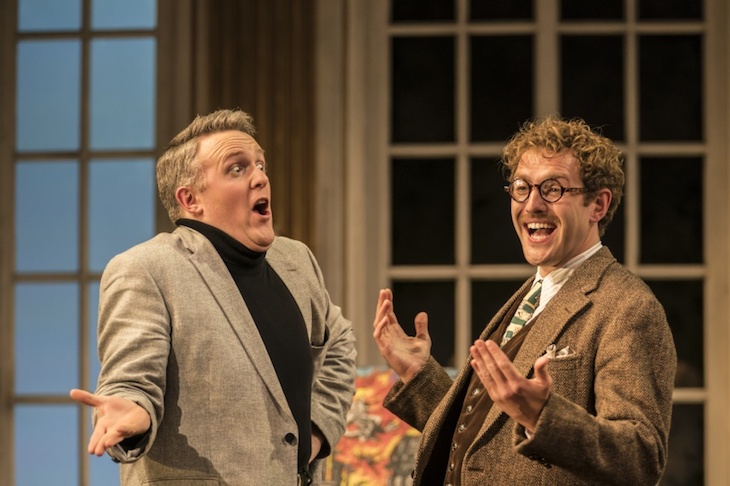
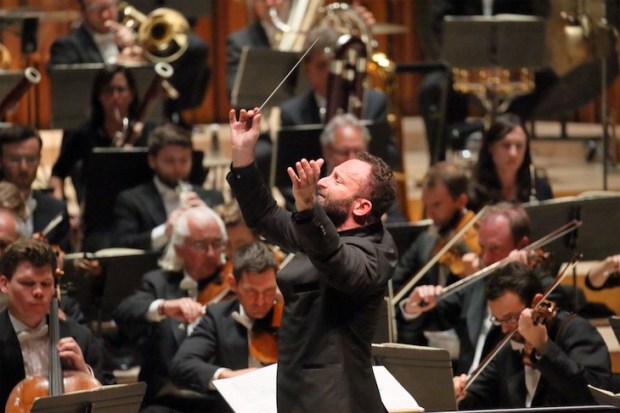
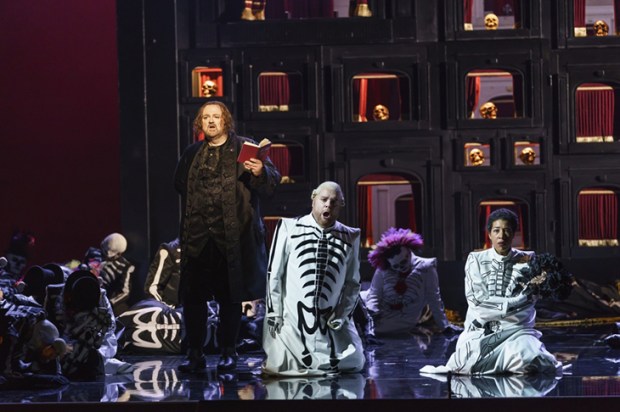
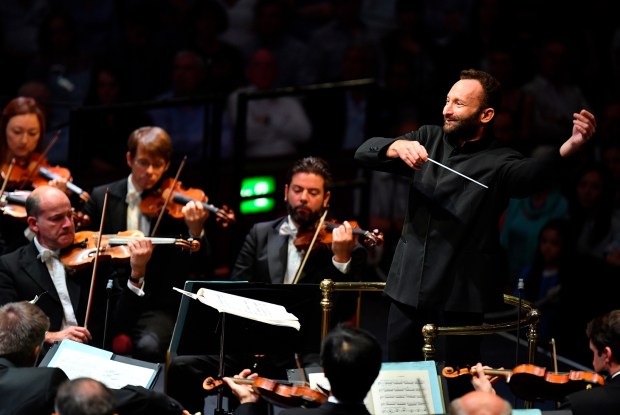
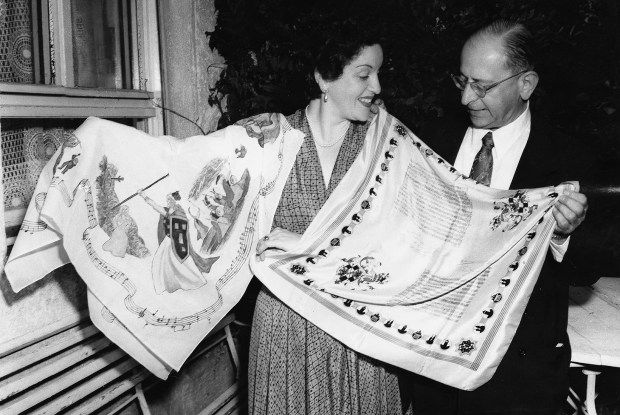
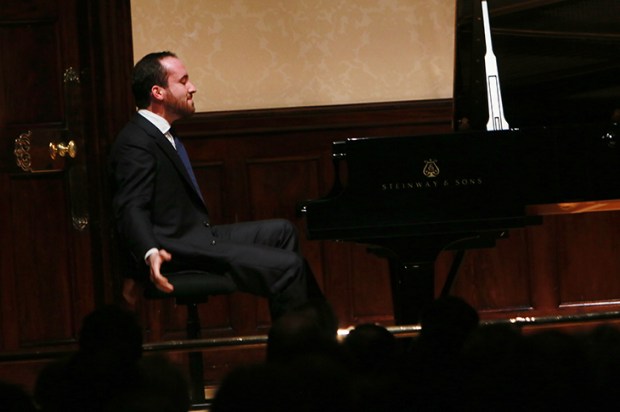
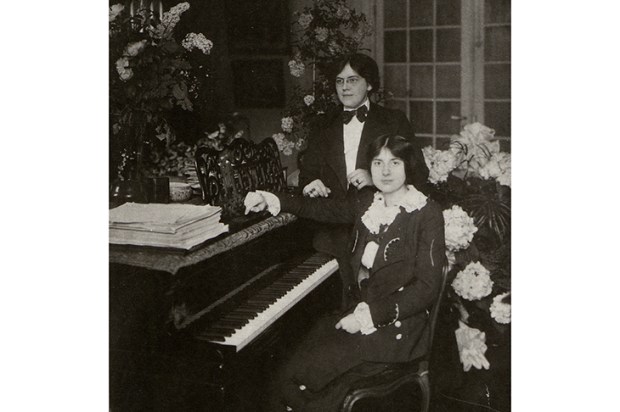






Comments
Don't miss out
Join the conversation with other Spectator Australia readers. Subscribe to leave a comment.
SUBSCRIBEAlready a subscriber? Log in